Old Ranch Christmas Dinner Dance 12/20/2009
Time for friends to gather and celebrate the season. We are treated to an evening of saxophone entertainment.
Did you know? - The saxophone (also referred to simply as sax) is a conical-bored transposing musical instrument considered a member of the woodwind family. Saxophones are usually made of brass and are played with a single-reed mouthpiece similar to that of the clarinet. The saxophone was invented by Adolphe Sax in 1841.
He wanted to create an instrument that would both be the loudest of the woodwinds and the most versatile of the brass, and would fill the then vacant middle ground between the two sections. He patented the sax in 1846 in two groups of seven instruments each. Each series consisted of instruments of various sizes in alternating transposition. The series pitched in B-flat and E-flat, designed for military bands, has proved extremely popular and most saxophones encountered today are from this series. A few saxophones remain from the less popular orchestral series pitched in C and F
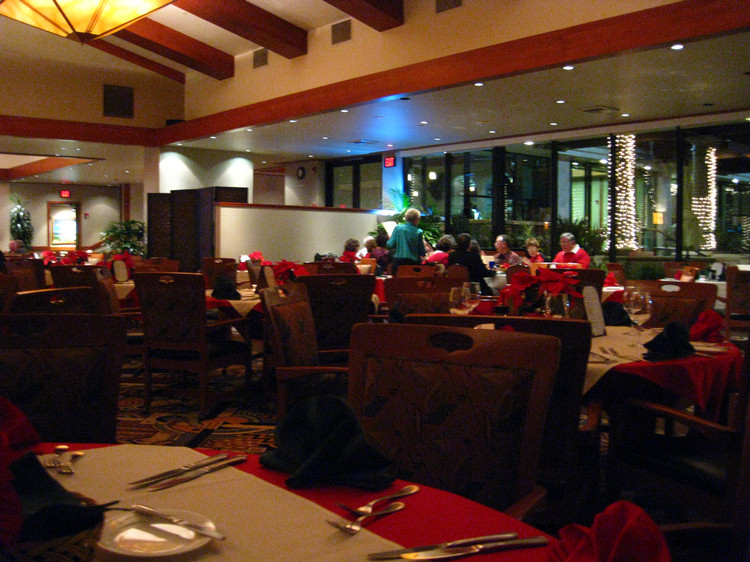
The club was decorated to the Nine's
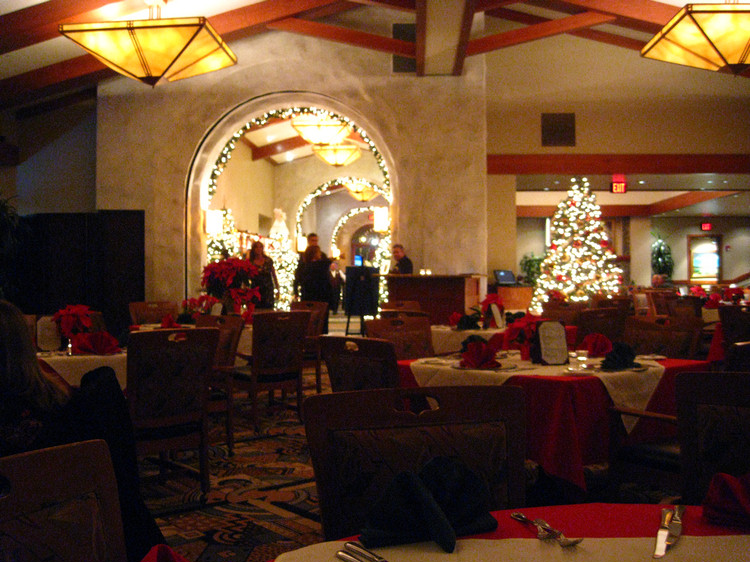
Guests make their way in through the grand entrance

James opens their Christmas card
Did you know? - The first commercial Christmas cards were commissioned by Sir Henry Cole in London in 1843 and featured an illustration by John Callcott Horsley. The picture, of a family with a small child drinking wine together, proved controversial, but the idea was shrewd: Cole had helped introduce the Penny Post three years earlier. Two batches totaling 2,050 cards were printed and sold that year for a shilling each.

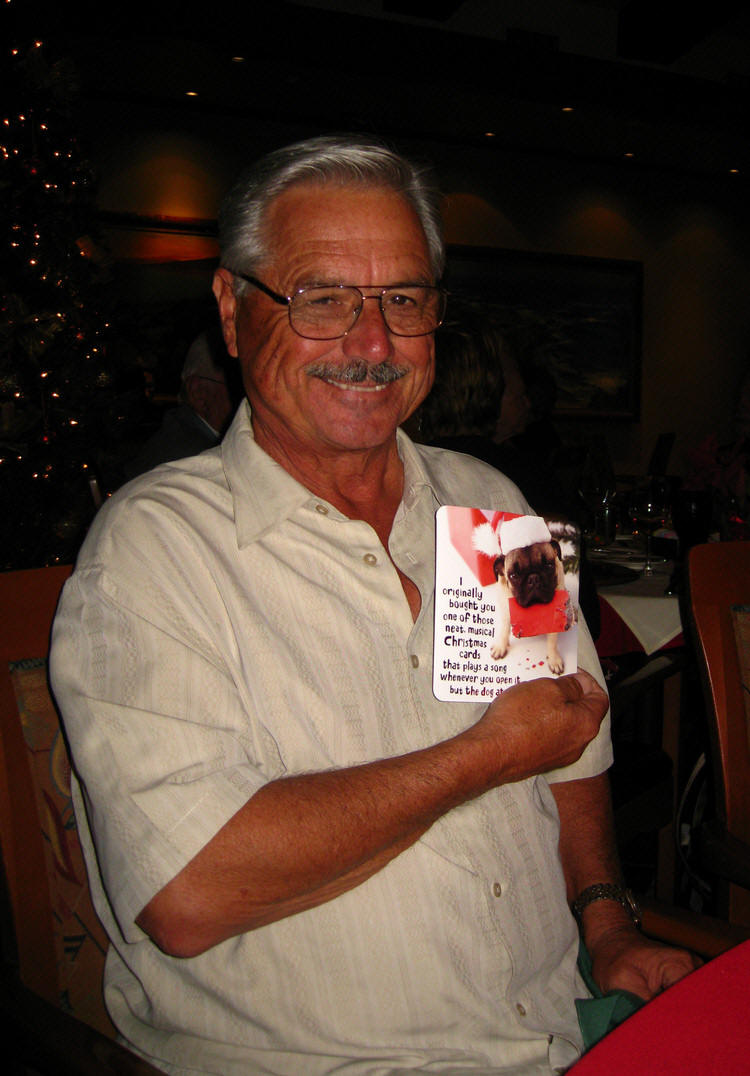
Beware it plays music
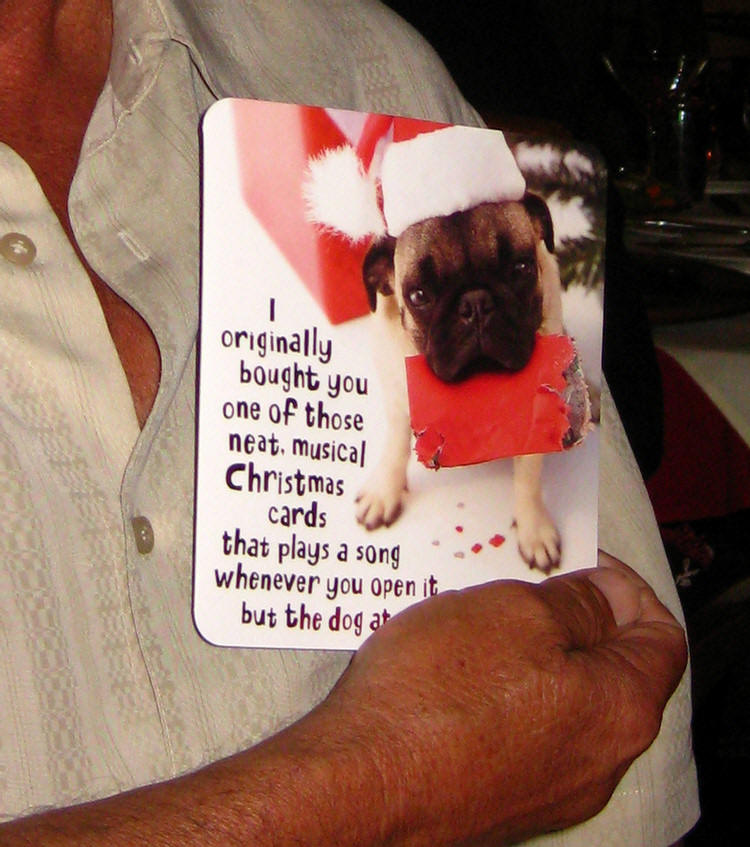
OK, it's not a boxer but the thought is the same!
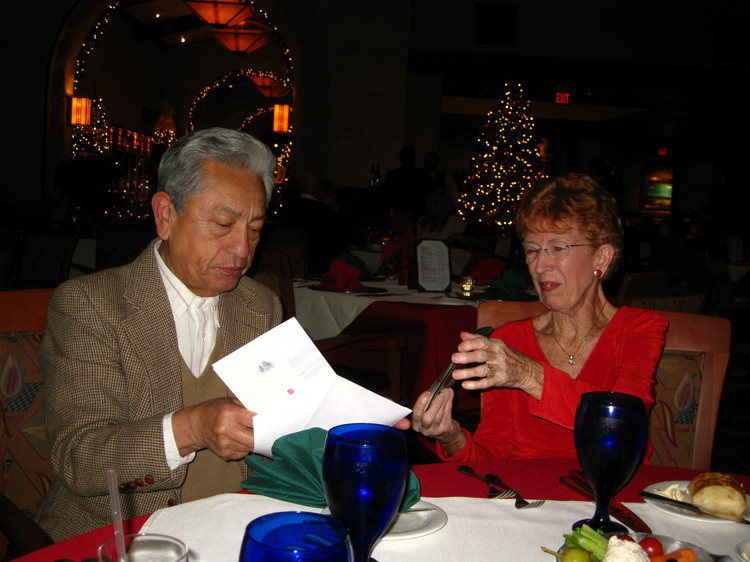
Card exchange time
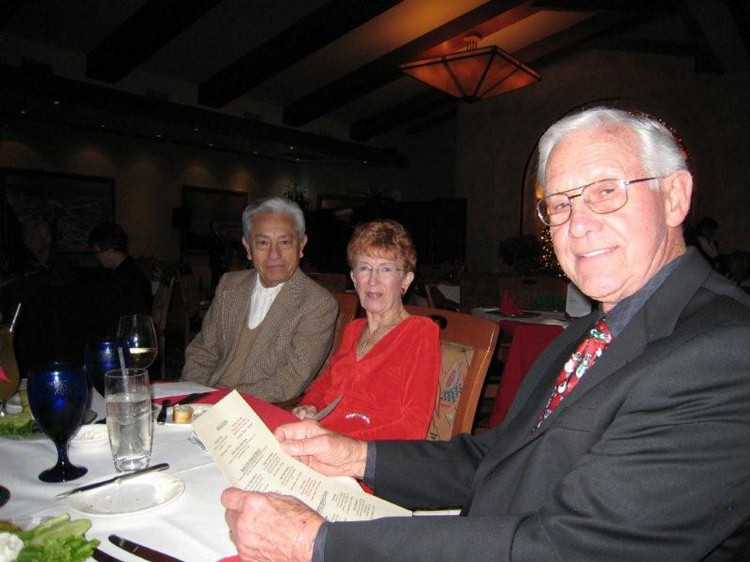

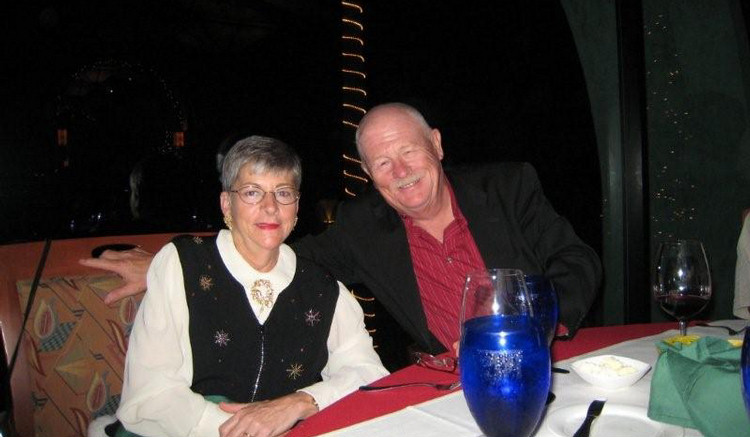
Bunnaford Fulfills A Promise... A Dance!

Paul gets first dibbies
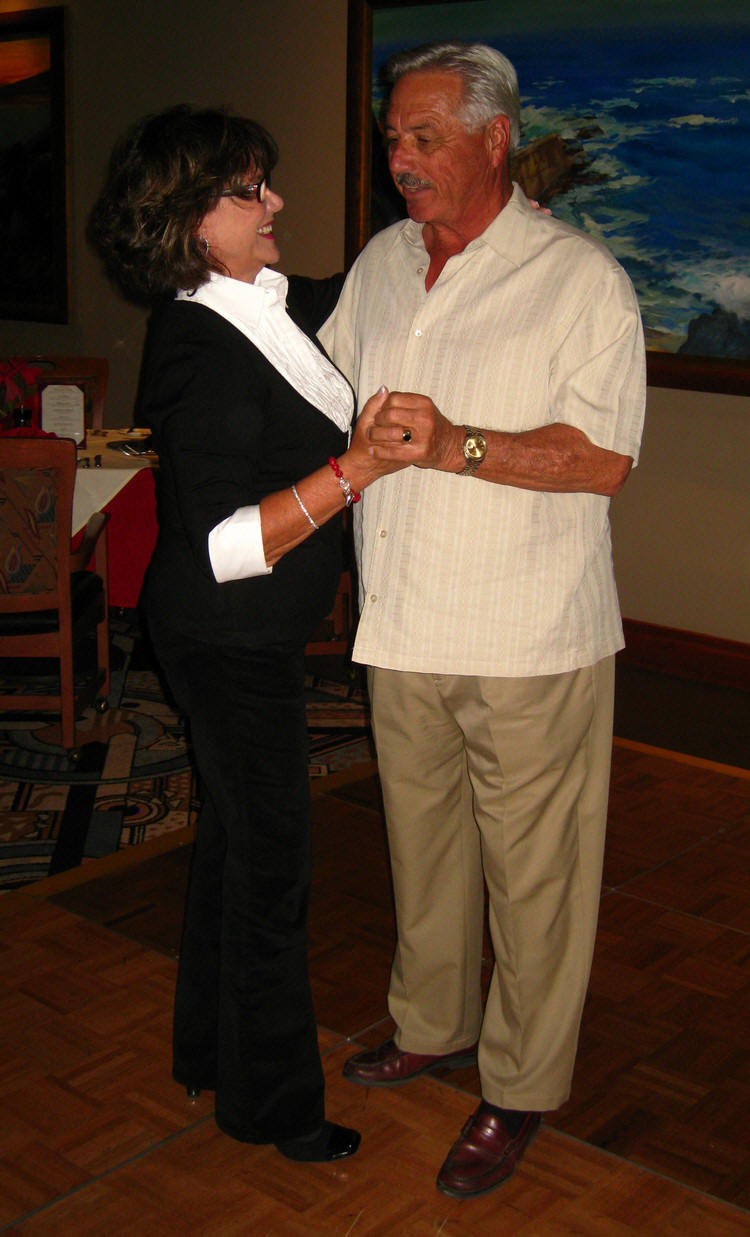
All of a sudden a tap on my should and James steals her attention
Did you know? - Cutting in is a process, in dancing, by which a person interrupts two dance partners and claims the partner of one. As traditionally portrayed in Hollywood films, men are more likely to cut in than women. The proper protocol:
Step 1 Enter the dance floor and approach the couple.
Step 2 Face the person with whom you wish to dance, standing slightly to
the couple's side.
Step 3 Tap the person you wish to replace once, lightly, on the outside
of the left shoulder.
Step 4 Wait for the dancers to part.
Step 5 Look at your partner, not the person you have replaced.
Step 6 Offer one hand.
Step 7 Step into dancing position with your partner when your hand is
taken.
Step 8 Begin dancing.
Step 9 Choose a topic other than the previous dancing partner if you
talk.
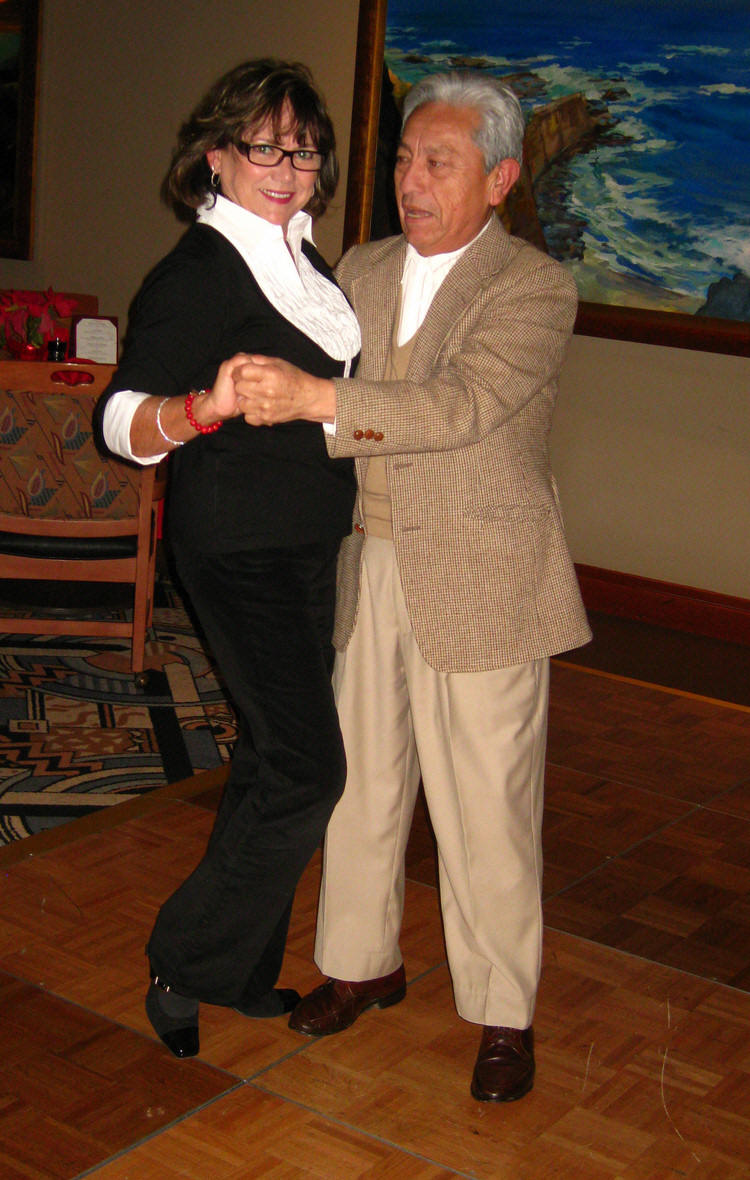
And it happens again... This time it is Vince!

She goes back to old trusty Paul
Time To Dine
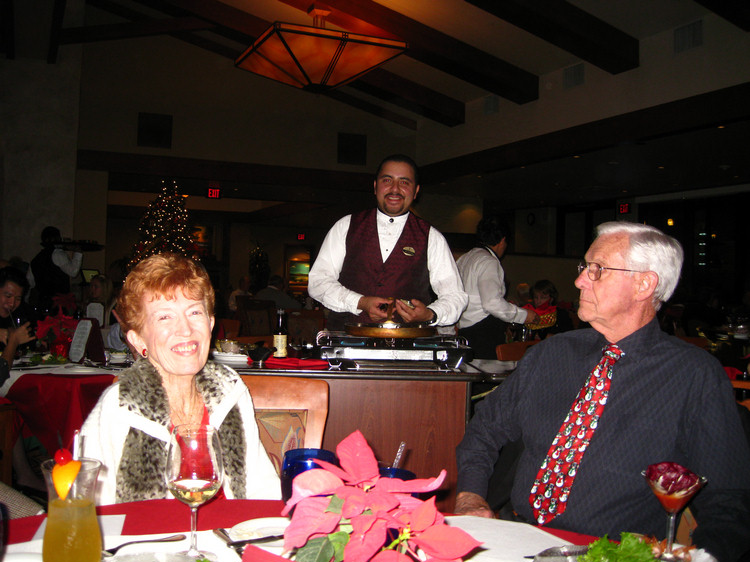
The tableside service begins
Did you know? - Waiting staff, wait staff, or waitstaff are those who work at a restaurant or a bar attending customers — supplying them with food and drink as requested. Traditionally, a male waiting tables is called a "waiter" and a female a "waitress." Some people prefer to use gender-neutral language, using waiter indiscriminately for males and females, server,, waitperson,, or waitron, an Americanism coined in the 1980s.

Enjoying dinner and conversation
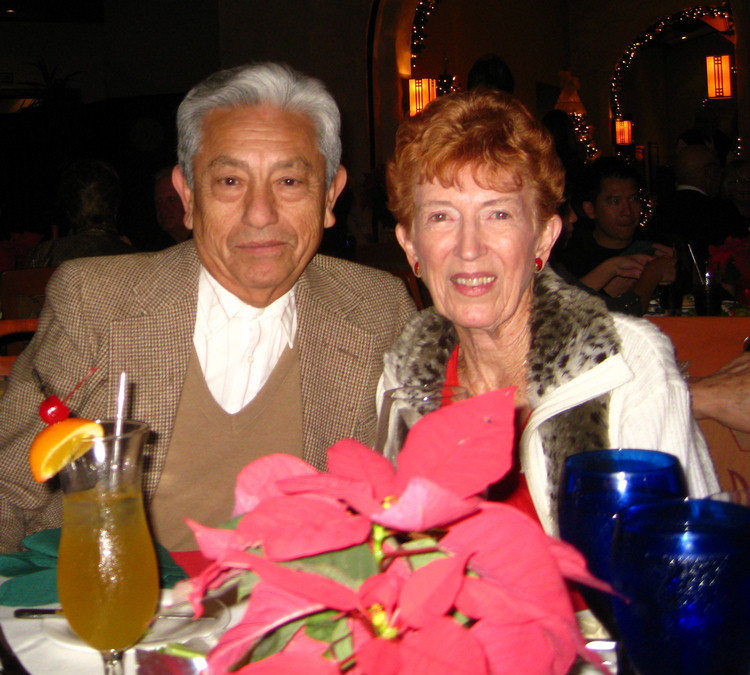
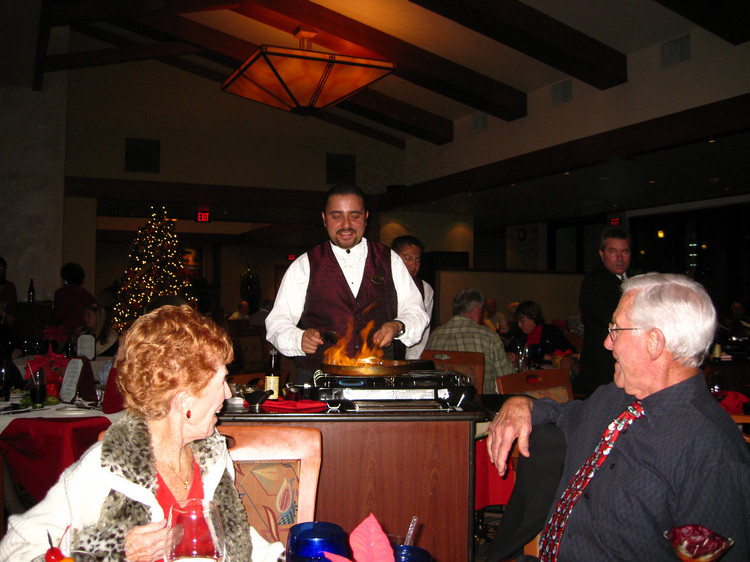
Flaming someting
Did you know? - Tableside dining has made a comeback. This old tradition, which has its roots in European-style fine dining, is primarily associated with classic dishes like Caesar salad and carved roast beef, and flaming desserts like Bananas Foster or crêpes Suzette. Nowadays, many restaurants are adding a new twist by offering dishes not typically associated with tableside service, such as small plates, a hearty stew or even the use of a cart for things other than desserts or cheese. Tableside adds drama to the meal, and in a business setting, it can be the ideal icebreaker. The experience also encourages conversation, as many dishes are meant for two or can be shared amongst the table.

Sue gets her entree


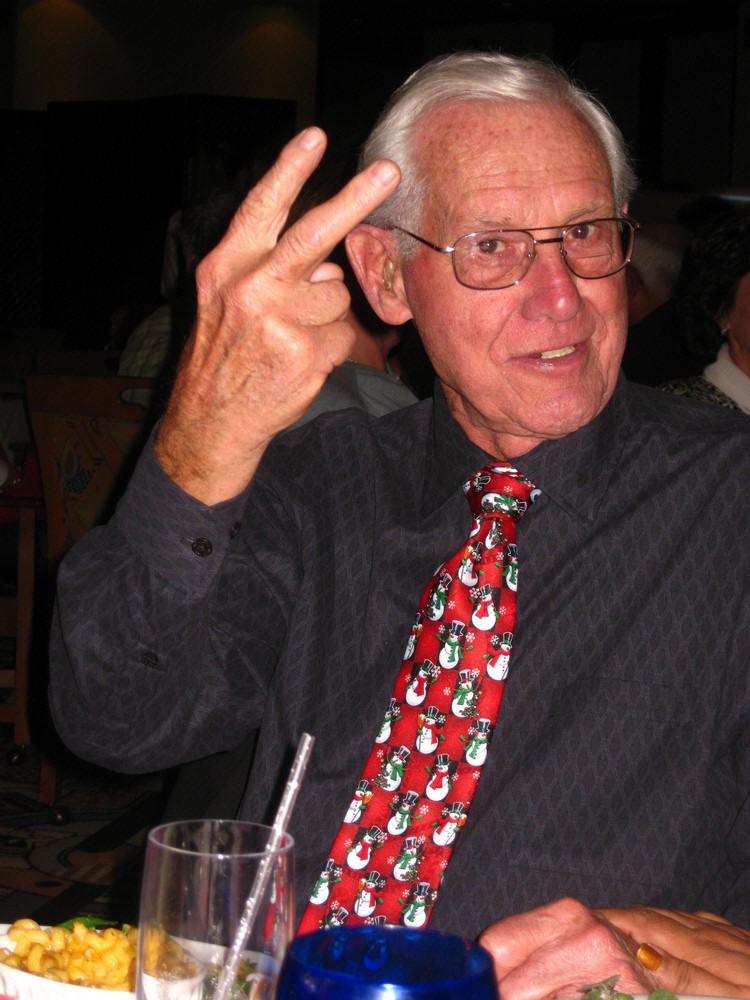
He did something twice
The Dance Floor Was Busy This Evening
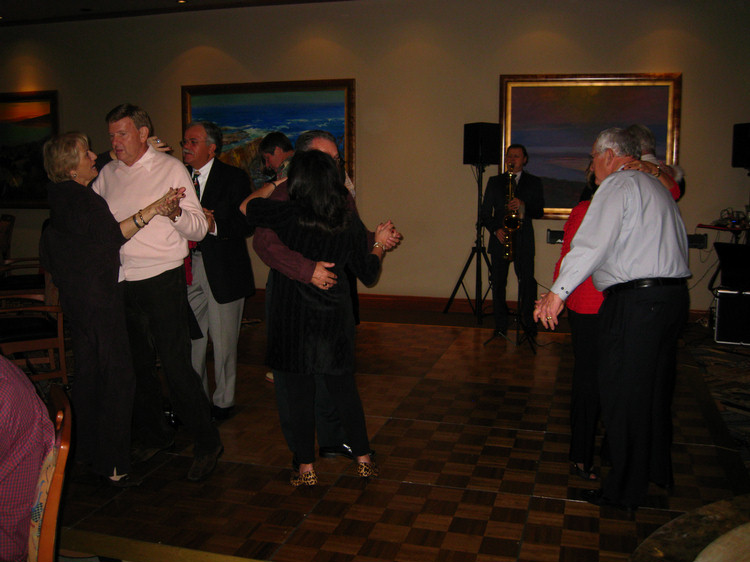

Ernie and John


Ernie and James
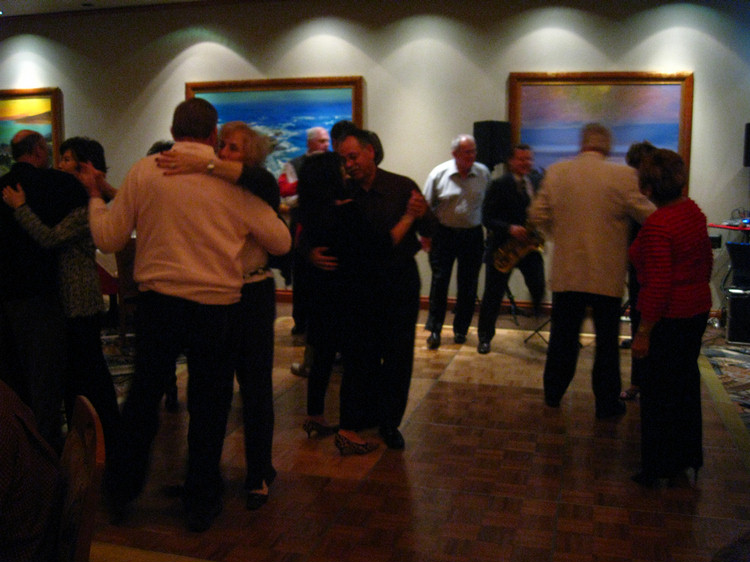

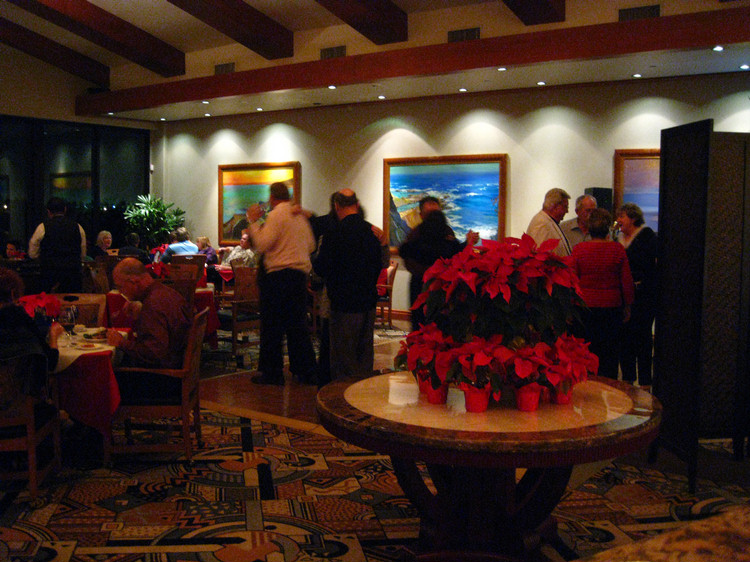

Meanwhile back at the
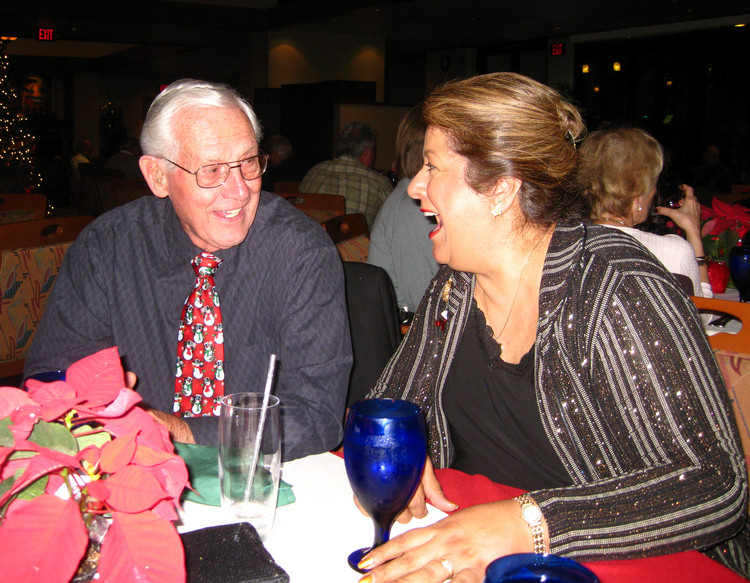
It's giggle time
Did you know? - Giggling is a high-pitched, bubbly way of laughing. It is usually suppressed, resulting in short bursts of laughter. A giggle is often considered a very feminine laugh. Giggling is normally affiliated with laughing gas a dentist would administer. Giggling is often associated with small children.

Ernie and Paul trip the light fantastic
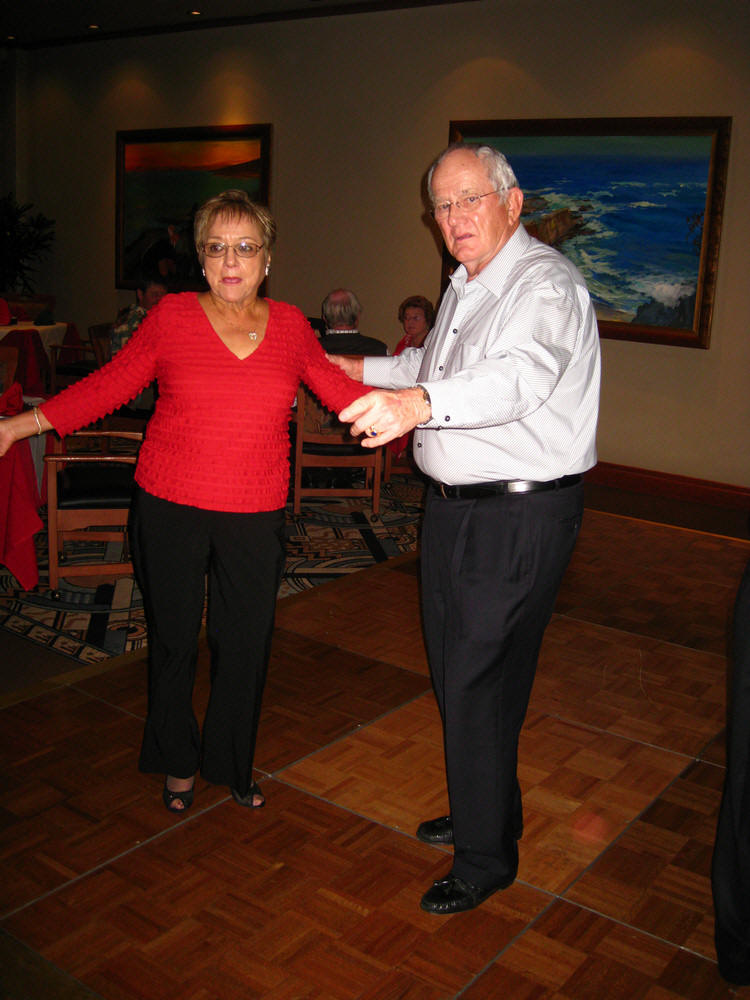

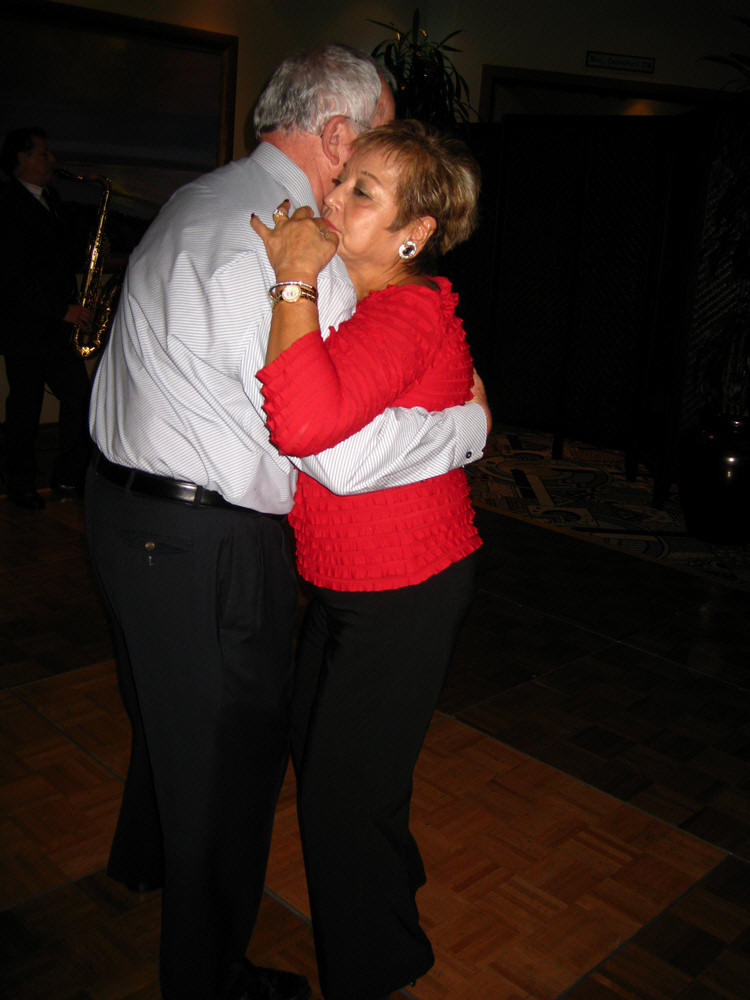
Vicky Met Some Old Friends
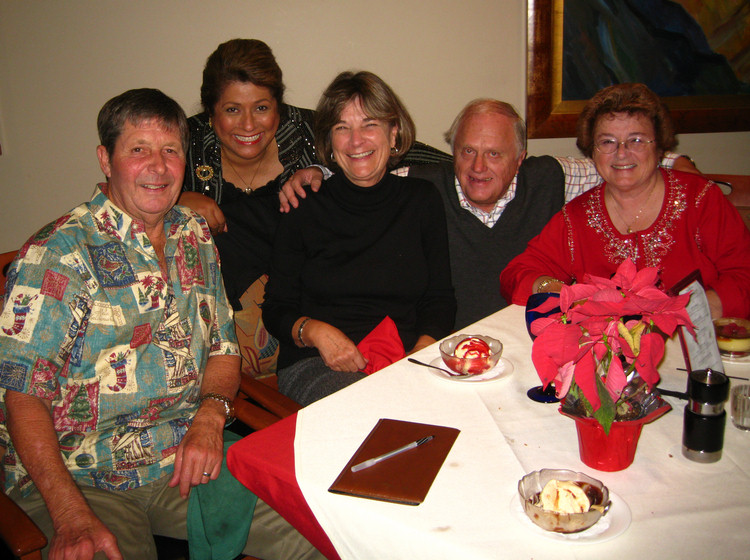

Sue checks out the wine case


